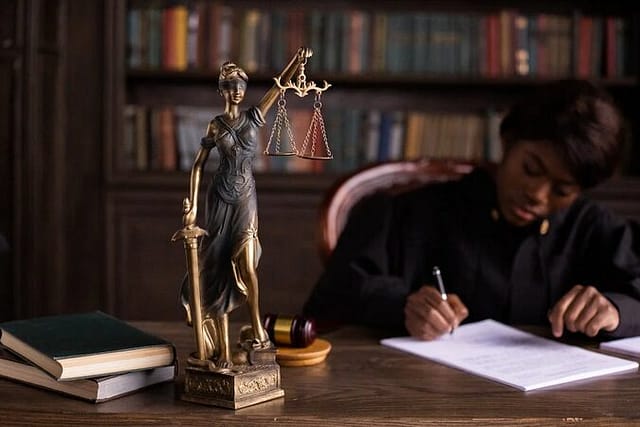Johnny Depp’s Legal Strategy: How His Team Won the US Trial
Johnny Depp’s recent legal battle was more than just a courtroom drama; it was a masterclass in legal strategy. With the world watching, his team navigated the complexities of defamation law in a way that left many questioning their own perceptions of truth and justice. Questions like, “So what year was johnny depp born that she thinks he deserves this defamation and how did he win the US trial?” were on everyone’s minds.
But most importantly, many wonder, “What were his lawyers’ tactics?” As the dust settles on this high-profile trial, it’s time to dissect what made Depp’s approach so effective. Here is a quick recap of strategies that turned the tides in favor of Johnny Depp and what they could mean for future cases involving famous faces battling allegations and reputations.
The Power of Jury Trials vs. UK Judge-Only Trials



Jury trials hold a unique power in the U.S. legal system. They allow everyday citizens to weigh evidence and determine outcomes based on personal judgment and collective reasoning. This human element can bring emotional depth to cases, influencing how stories are perceived. In contrast, UK judge-only trials rely solely on the expertise of a single judge for verdicts. While this method offers efficiency and legal precision, it lacks the diverse perspectives that a jury brings. The nuances of emotions and societal context often go unexamined. Depp’s team capitalized on this dynamic by presenting his case in front of a jury—an audience more likely to connect with compelling narratives over strict legal arguments alone.
Cross-Examining Amber Heard: What Worked (and What Didn’t)



However, not every moment was a home run for Depp’s team. Some questions backfired or seemed overly aggressive, which could have swayed jurors’ perceptions negatively. Striking the balance between assertiveness and respect proved challenging at times. The cross-examination showcased how crucial it is to adapt strategies mid-trial based on witness reactions and jury dynamics. Each question held weight, influencing how both sides were perceived by those deciding the case’s outcome.
Key Witnesses Who Helped Depp’s Case
Witnesses played a crucial role in shaping the narrative during Johnny Depp’s trial. Their testimonies provided context and credibility to his claims. One standout witness was Dr. David Kipper, who shared insights about Depp’s mental health. His professional evaluation reinforced the idea that Depp struggled with substance abuse but wasn’t violent. This painted a more complex picture of the actor beyond media portrayals. Another important figure was Bruce Witkin, a longtime friend of Depp’s. He testified about their interactions and offered personal anecdotes that challenged Amber Heard’s accusations.
Could This Strategy Work in Other Celebrity Defamation Cases?



The success of Johnny Depp’s legal strategy has sparked interest across the celebrity landscape. Many wonder if similar approaches could be effective in other high-profile defamation cases. A jury trial, as demonstrated by Depp’s case, can add a human element to proceedings. Jurors often respond to emotional appeals and compelling narratives. This strategy might resonate with audiences who are swayed more by stories than dry facts. However, every case is unique. The dynamics between celebrities and their public personas play a crucial role in how evidence is perceived. Different personalities may evoke varying levels of empathy or disdain from juries.
Johnny Depp’s legal strategy in the US trial was a well-crafted approach that effectively showcased his side of the story. Depp’s triumph serves as a lesson not just about law but also about storytelling within the courtroom context. His case illustrates how strategic planning can impact outcomes significantly—a reminder that every detail matters when seeking justice or redemption.…
